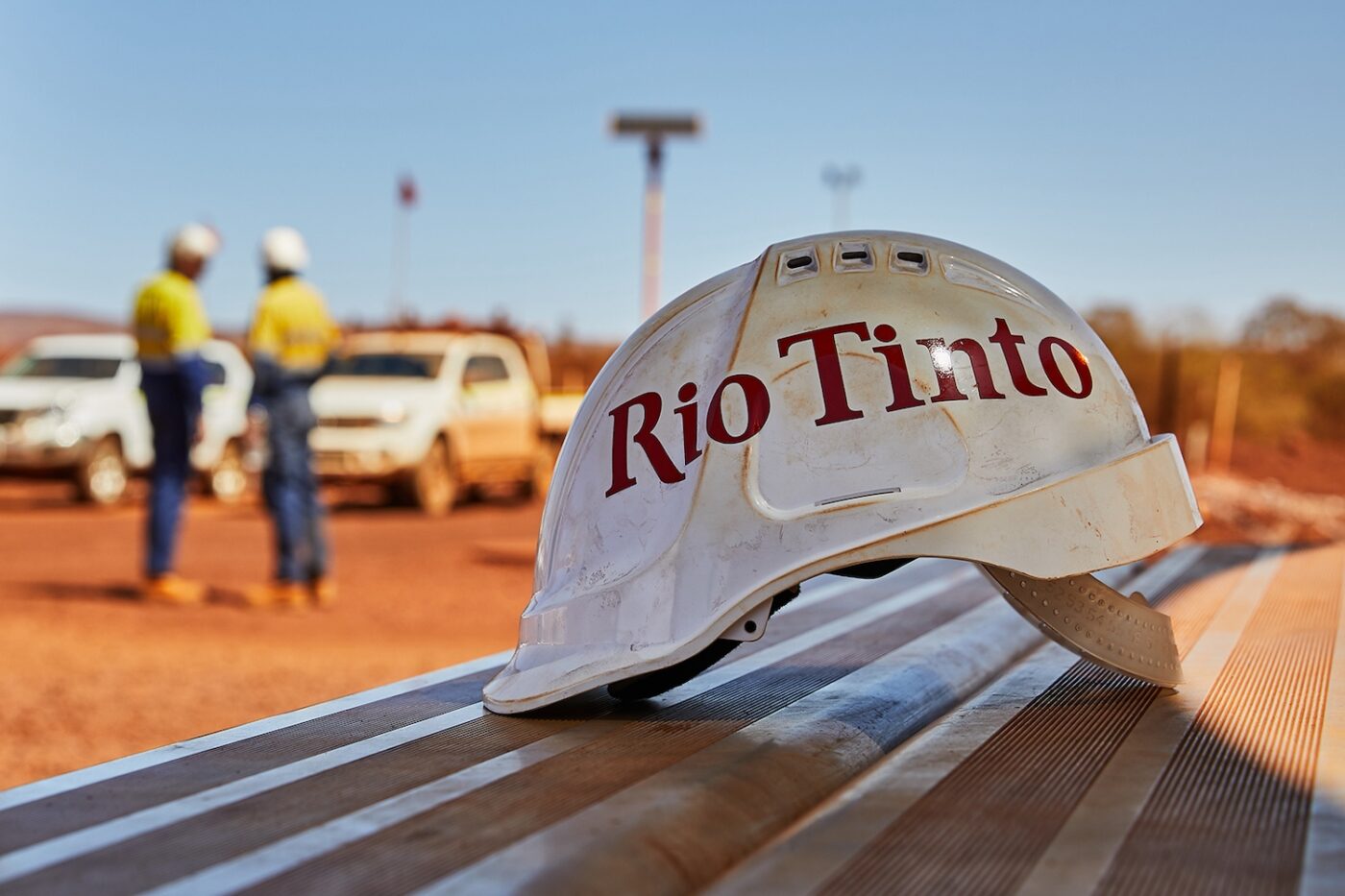Rio Tinto puts Jadar lithium project in Serbia on hold
The suspension of the project, which is still in the approval phase, is one of several measures recently taken by Simon Trott, the mining company’s new CEO, to streamline business operations and reduce costs. Rio’s management has announced internally that the project will be put on hiatus, according to a memo obtained by Bloomberg. A company spokesperson confirmed the content of the internal memo to the news agency but declined to comment further. The reason for the move is said to be efforts to simplify the portfolio and ‘prioritise short-term opportunities’.
Rio Tinto had long been pushing ahead with plans to mine lithium in Serbia’s Jadar Valley, but there were and still are fierce protests from the local population over potential environmental damage. However, Serbian President Aleksandar Vučić is considered a supporter of the billion-dollar project. Under his leadership, the Serbian government gave the green light for lithium mining in the Jadar Valley in the summer of 2024, contrary to an earlier decision. The area is located in western Serbia and is said to contain the largest lithium reserves in Europe. However, Rio Tinto has now run out of patience in the face of further bureaucracy and resistance from the population: ‘Given the lack of progress on approvals, we are unable to maintain the same level of investment and resource allocation,’ the memo states.
The decision bears the hallmarks of Simon Trott, who was promoted to the top of the group in August. According to Bloomberg, he is primarily working to “simplify a sprawling company and focus spending on growth.” One of his first measures was to reorganise Rio Tinto into three business areas: iron ore, aluminium in combination with lithium, and copper. Personnel changes have also been leaked: according to another internal memo published by Bloomberg last month, Rio Tinto’s lithium chief, Paul Graves, will be leaving the company.
Rio Tinto has recently invested heavily: The news agency writes that the group will increase its investments this year to their highest level in over a decade. It also reports that CEO Trott is expected to announce further restructuring measures at the company’s own capital markets day on 4 December. Rio Tinto is known to have spent a lot on the purchase of lithium producer Arcadium in 2024 (purchase price: 6.7 billion US dollars). This was also because the mining group announced its intention to invest heavily in its first lithium mining site in Argentina in order to expand its range of battery materials. An additional US$2.5 billion was mentioned here.
The roadmap specified at that time was as follows: in addition to mining iron ore, aluminium and copper, lithium was not only to become the fourth pillar of the British-Australian company, but Rio Tinto also stated that it wanted to become one of the world’s largest lithium producers with this new focus. The geographical focus is on Argentina and the Rincon project there.
It is now clear that Serbia is being deprioritised by Rio Tinto. The situation on the ground did not develop as desired. The lithium deposits in the Jadar Valley do indeed have a political history: Rio Tinto originally wanted to invest billions to produce up to 58,000 tonnes of battery-grade lithium carbonate by 2026, among other things. However, the construction of the huge underground mine in the rural region met with strong resistance from the local population and environmentalists from the outset. Although Rio Tinto announced numerous measures, such as the use of electric dump trucks, the greening of the spoil heap and the treatment of mine water, the protests did not subside. As a result, the government revoked the regional planning scheme for the area, effectively withdrawing the basis for the mining project, also with a view to the upcoming presidential and parliamentary elections at the time.
It was precisely this revocation of the regional development plan that became an issue again in the summer of 2024: in July 2024, the Serbian Constitutional Court ruled that the 2022 annulment was unlawful. The government then issued a new regulation that was intended to allow lithium mining to resume. Rio Tinto was still considered interested, partly because of the investments it had already made and the property purchases it had completed. This now appears to have been a naïve assumption. It is currently unclear whether the project will be revived in the future. The pause will probably also render obsolete a raw materials agreement with the EU that Serbia had actually been striving for.
This article was first published by Cora Werwitzke for electrive’s German edition.





1 Comment